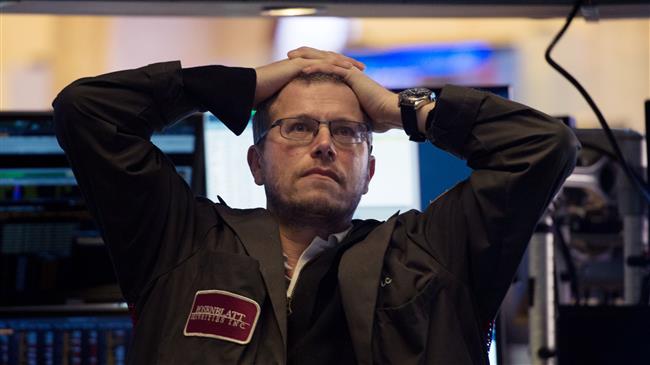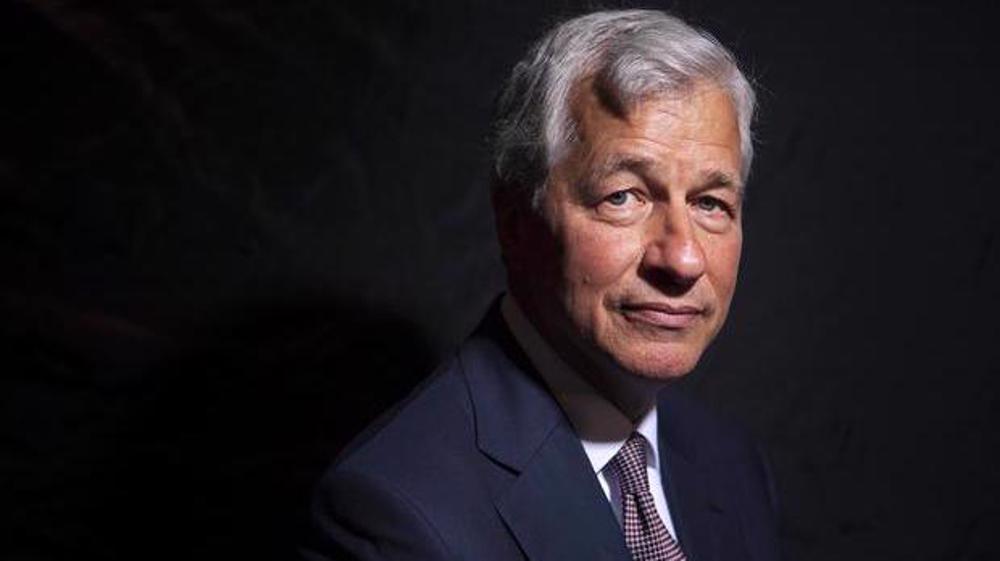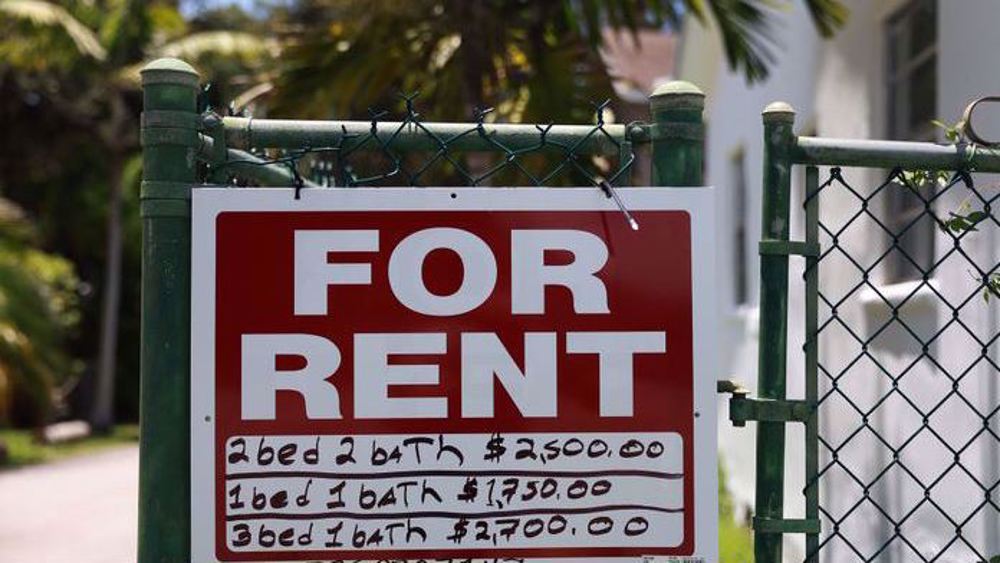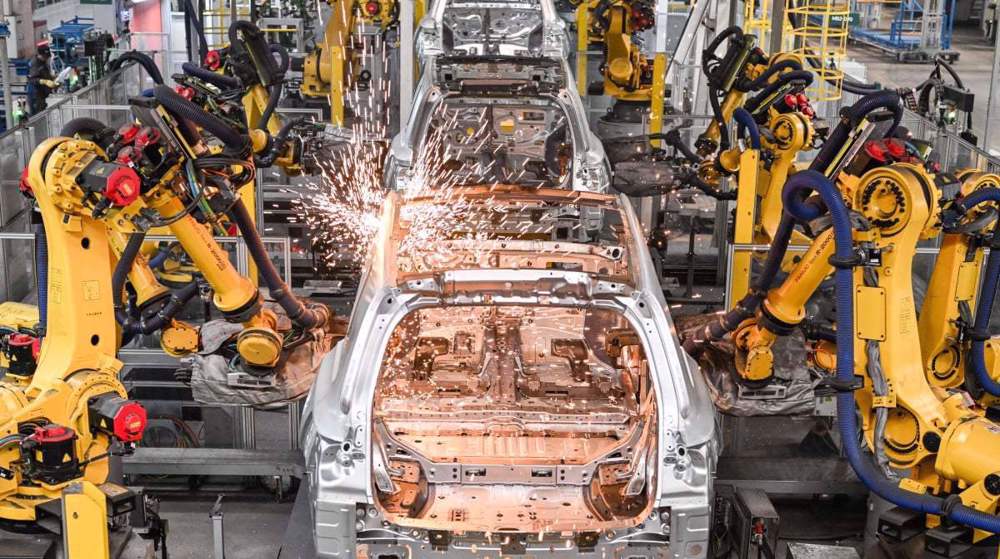Dow falls 1,175 points, worst one-day fall in history
The Dow Jones industrial average suffered its biggest one-day point drop in history, plunging about 1,600 points during trading hours before recovering to close down at 1,175.
All the 30 companies that make up the Dow index were in the red on Monday, with Verizon, Microsoft, and Exxon Mobil each falling more than three percent.
The market started 2018 with a bang, but last week was the worst on Wall Street in two years. Nearly $1 trillion of market value was erased from the S&P 500 last week.
After blitzing past 26,600 in January, the recent losses erased the Dow’s 2018 gains. All three of the major stock market indexes were hit and the decline in the Dow was closely followed by the wider S&P 500 stock index, down 3.8 percent, and the technology-heavy Nasdaq, down 3.7 percent.

London's main share index, the FTSE 100, closed down 1.46 percent while earlier the biggest markets in Asia fell between 1 and 2.5 percent.
"You had a market that was overbought and ripe for something to undermine its tranquility," said Mark Luschini, the chief investment strategist at Janney Capital.
Why are stocks plunging?
CNN Money’s David Goldman says market concerns that the Fed will raise interest rates are a main factor behind the decline. "Stocks have been rising steadily since the election in part because the US economy is strong. Given that US unemployment is historically low, and there are more open jobs than people to fill them, companies are starting to pay workers more to retain existing employees and attract new hires. Businesses will eventually have to raise prices on the stuff they sell to afford their growing payrolls causing inflation. The Federal Reserve combats inflation by raising its interest rates."
A second reason is the increase of government-backed bond yields: stocks are a higher-risk investment than bonds, which are backed by the United States Treasury. If bond yields start to rise, investors will want to take some of their money out of stocks and put it into safer bonds, he added.
"Attractive yields on a safer investment have made stocks suddenly less attractive."
White House response
"We're always concerned when the market loses any value," a White House official said in a statement on Monday morning. "But we're also confident in the economy's fundamentals."
Trump has tweeted about the stock market dozens of times since his election, frequently bragging about the latest all-time highs on Wall Street.
"Dow, S&P 500 and Nasdaq all finished the day at new RECORD HIGHS!" Trump said on Twitter on November 28.
Trump has not just claimed that stocks are up because of him, he had argued without offering proof that they would have crashed if Hillary Clinton became president.
If the Dems (Crooked Hillary) got elected, your stocks would be down 50% from values on Election Day. Now they have a great future - and just beginning! https://t.co/9TzSC8F8vY
— Donald J. Trump (@realDonaldTrump) December 31, 2017
" If the Dems (Crooked Hillary) got elected, your stocks would be down 50% from values on Election Day. Now they have a great future - and just beginning!” he tweeted in December.
Germany clears pro-Gaza camp as US-style demos spread across Europe
Iran: US lacks competence to comment on human rights, freedom of expression
It could take 14 years to remove debris left by Israel war on Gaza: UN
Iran, China discuss military cooperation
Sanders to Netanyahu: 'Don’t insult American people’s intelligence'
Tehran economic conference: Raeisi hails Iran-Africa expansion of ties
VIDEO | Press TV's news headlines
Severe heat wave hits India as phase 2 of polling begins













 This makes it easy to access the Press TV website
This makes it easy to access the Press TV website